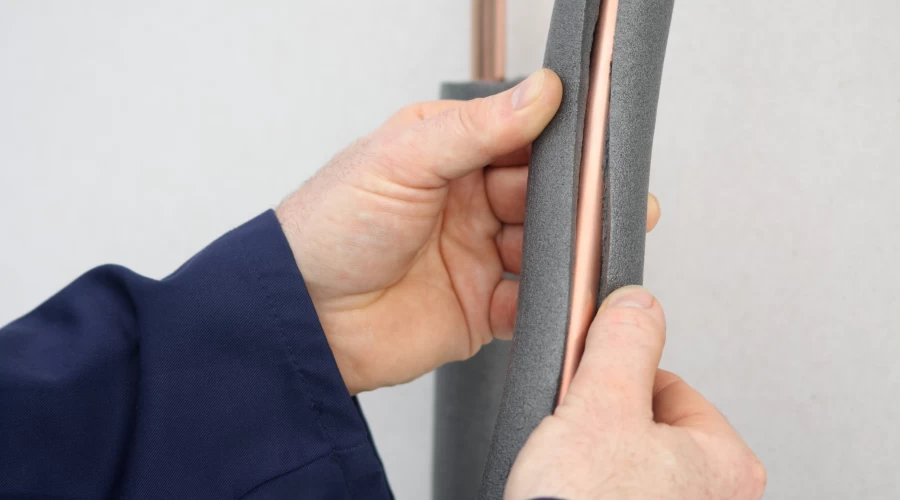What you might need in a Gas Outage
This article contains information & advice regarding risks that do not appear on the Risk Register.

If there is a problem with your gas supply, it might be something locally or it could be a wider issue. Follow the steps below, firstly making sure you and your family are safe.
The below steps are reproduced from Wales and West Utilities
Step 1 - Call you’re the National Gas Emergency Service immediately
On Freephone 0800 111 999. They are available 24 hours a day, 365 days a year and will send out an engineer to keep you and your property safe.
Step 2 - Turn off all your gas appliances
And, if possible, switch off the gas at the meter (unless the meter is in the cellar or basement, in which case don’t go in).
Step 3 - Open windows and doors
Open all your windows and doors
Step 4 - Do not use any electrical appliances
This includes switching your lights on or off
Step 5 - Do not smoke
Do not smoke or use naked flames
Step 6 - If there’s a smell of gas in the cellar or basement
Please wait outside or with a neighbour.
Related News

Residents urged to help map Wiltshire's digital future through new 'Digital Wiltshire' platform
1m read
Residents urged to help map Wiltshire's digital future through new 'Digital Wiltshire' platform

Thames Water urges customers to protect their homes as freezing conditions continue
2m read
Thames Water urges customers to protect their homes as freezing conditions continue
What happens next?
Once the gas leak has been stopped, an engineer will explain that any work on appliances (e.g. cookers, boilers or fires) has to be carried out by a Gas Safe Registered engineer.
You can find details of Gas Safe Registered engineers here.
Remember, if you smell gas, call free on 0800 111 999.
If your gas goes off in the winter this may mean you are unable to keep yourself and your home warm. Always have to hand extra layers that you can put on to keep your core body warm.
If you are able to use a camping stove (outside) it may be worth you boiling some water to keep in a flask so that hot soups or a hot drink can be made. This will help you keep warm. Remember gas going off in the summer is quite different to going off in the cold winter months. It’s always good to think about what you would do if these things happen and what your own plan of action would be.
Don’t be afraid to talk to your neighbours, they may not have any issues and may be able to help you. Alternatively, you may be able to help them and share any resources, warm food, or heaters you have.
If you have electric heaters that you can plug in think about where you put them so they are away from anything that can catch fire. Think about only keeping one room warm as this will save trying to heat whole house but keep you nice and warm in one room.
If you don’t have fan heater your local gas engineer will carry “Warm Packs” which have a fan heater, water bottles, blankets and things to help keep you warm. They may also be able to offer a hot drink. All these resources would be available to the most vulnerable people in our community. So, it’s worth thinking “how I can help myself and what is my plan?”
Local Authorities provide warm spaces across the county. All of this information is held on your Local Council website.


